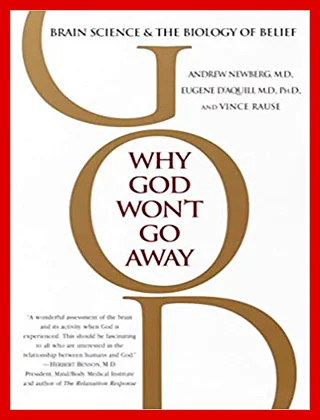Let’s find out the meaning of man can believe the impossible, but man can never believe the improbable wrote by Oscar Wilde.
This ironic quote is taken from Oscar Wilde‘s essay “The Decay of Lying” published together with other essays in the book “Intention” back in 1891.
In the essay itself, the character Vivian says he intend to call it “The Decay of Lying: A Protest“.
Man can believe the impossible, but man can never believe the improbable.
(Intentions By Oscar Wilde, T. B. Mosher, 1904, The Decay Of Lying, P. 45) source
(The quote is also found here.)
Oscar Wilde wrote this essay in the late 1880s in the form of a dialogue.
The two characters Cyril and Vyvyan in this essay are named after his own young sons Cyril Holland Wilde and Vyvyan Oscar Beresford Wilde.
The characters Cyril and Vyvyan are engaging in a lively and whimsical conversation about human behavior in social situations.
Vivian is telling Cyril of an article he has been writing called “The Decay Of Lying: A Protest”.
According to Vivian, the decline of modern literature is because of the decay of lying.
Vivian goes on to say that folks are too concerned with the representation of facts and social reality.
Vivian believes in the importance of the art of lying and having the capacity of disbelief.
To him truth is boring and tedious.
Man Can Believe The Impossible Meaning
So what does Oscar Wilde mean by man can believe the impossible, but man can never believe the improbable?
Let’s break up the line and analyze it.
The one common word here is the word BELIEVE.
To believe means to accept something as true, genuine, or real ideals, especially without proof.
We human has this biological need (belief) for meaning and truth.
Now, let’s differentiate the words: “impossible” and “improbable“.
Impossible means totally not able to happen, exist, or be done.
Improbable means unlikely to be true or to happen, but not impossible.
It can also mean doubtful or unexpected and apparently inauthentic.
For example, if you roll ten dice together, it is very improbable that all of them will land on six.
In other words, there is still a possibility all the ten dice can land on six.
If you are an optimistic person, you can still keep hoping for it, even though it may or may not come true.
So what Irish poet and playwright Oscar Wilde means that we can accept anything that is completely not possible to happen or exist.
It is because it doesn’t matter at all, since it can never ever materialize.
It doesn’t need to prove anything.
We can choose to believe anything ridiculously impossible for the sake of believing.
For instance, you can believe man can fly by flapping both his hands like a bird.
Factually speaking, I can challenge you that you are wrong, but you can still obstinately held onto this implausible belief.
But interestingly, when it comes to improbable situations or things, man can never believe it.
Why is it?
Just like my example above, about rolling the ten dice to land on all six.
People will readily say it cannot happen; it’s almost impossible.
Even though there is still a possibility that it can be true or it cannot happen.
Yet, they will never believe it can actually or possibly happen.
They are not willingly to believe or accept it right off the bat.
But interestingly, when it comes to impossible stuff, they can readily believe it.
For instance crossing our fingers for luck, breaking a mirror brings bad luck and many other ridiculous things.
This is my version of man can believe the impossible meaning, taken from Oscar Wilde‘s writing.
By the way, Mark Twain also wrote about a similar topic in an essay titled “On the Decay of the Art of Lying“:
Lying is universal – we all do it; we all must do it. Therefore, the wise thing is for us diligently to train ourselves to lie thoughtfully, judiciously; to lie with a good object, and not an evil one; to lie for others’ advantage, and not our own; to lie healingly, charitably, humanely, not cruelly, hurtfully, maliciously; to lie gracefully and graciously, not awkwardly and clumsily; to lie firmly, frankly, squarely, with head erect, not haltingly, tortuously, with pusillanimous mien, as being ashamed of our high calling.
(The Stolen White Elephant, Etc By Mark Twain, Boston: James R. Osgood And Company, 1882, On The Decay Of The Art Of Lying, P. 224) source
Related: Check out these free books on the topic of what and why we believe:
Why We Believe What We Believe: Uncovering Our Biological Need for Meaning, Spirituality, and Truth by Mark Robert
Click on any of these: Link 1, Link 2
The Believing Brain: From Ghosts and Gods to Politics and Conspiracies—How We Construct Beliefs and Reinforce Them as Truths by Michael Shermer
Click on any of these: Link 1, Link 2
How We Believe: Science, Skepticism, and the Search for God by Michael Shermer
Click on any of these: Link 1, Link 2
Why God Won’t Go Away: Brain Science and the Biology of Belief by Andrew Newberg, Eugene D’Aquili, Vince Rause
Click on any of these: Link 1, Link 2
Disclaimer: I do not own or upload any of the books here. They are copyrighted to their respective owners. All content cited is derived from their respective sources.




